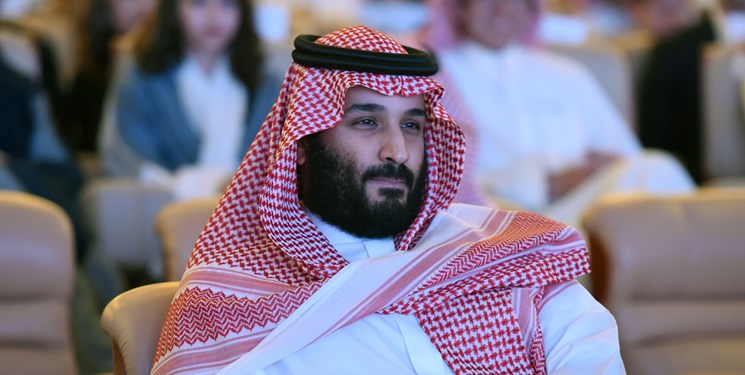The former head of the Israeli military intelligence General Amos Yadlin has called for the normalization of relations with Saudi Arabia in the wake of the increasing security challenges facing the Tel Aviv regime.
In an article published on the website of the Hebrew-language Channel 12 television channel, Yadlin stressed that obstacles to the normalization of ties between the occupying regime and the oil-rich kingdom must be overcome as Israel is facing serious security challenges, both internally and externally, especially in the face of growing Iranian influence in the Middle East region.
He said the signing of a normalization agreement with Saudi Arabia “would consolidate Israel’s position in the region, and would push the United States to toughen stance on Iran as regards its nuclear program and regional clout.”
Yadlin referred to the Negev Summit, which recently brought together the foreign ministers of Israel, Egypt, the United Arab Emirates, Morocco, Bahrain, and the United States, noting that the event lacked Saudi Arabia as an important Arab country.
The former Israeli military attaché to Washington added that it was difficult to bring Saudi Arabia to the summit, amid the Riyadh regime’s strangled relations with the United States and its demands on the Palestinian issue.
Yadlin noted that bin Salman had already stated that he saw Israel as a potential partner.
“However, the kingdom’s participation in any official political and security alliance that includes Israel will require significant progress on the Palestinian issue,” he said.
Last month, Saudi Crown Prince and de facto ruler Mohammed bin Salman said he sees Israel as a potential ally with shared interests, not an enemy, as Tel Aviv is working behind the scenes towards normalization of diplomatic relations with the Persian Gulf kingdom.
READ ALSO: Israel forms armed vigilante groups to attack Palestinians
“For us, we hope that the conflict between the Israelis and Palestinians is solved,” the prince told US monthly magazine The Atlantic, according to remarks carried by the official Saudi Press Agency.
“We don’t look at Israel as an enemy, we look to them as a potential ally, with many interests that we can pursue together,” Saudi Arabia’s de facto ruler said.
“But we have to solve some issues before we get to that,” he added.
Earlier, a high-ranking official at the Israeli ministry of foreign affairs had said Tel Aviv was working clandestinely towards the normalization of diplomatic relations with Indonesia and Saudi Arabia.
“These are the two countries we want to reach an agreement with, but it is a slow process that takes a lot of time and effort. We hope for the best,” the unnamed official noted at a media briefing in early January.
Even though Israel and Saudi Arabia do not have formal diplomatic relations, Riyadh has taken a number of steps recently toward normalizing relations with the Tel Aviv regime.
Saudi authorities were said to have given a behind-the-scenes green light to the UAE to forge ties with Israel in 2020 and have since allowed Israeli aircraft to use the kingdom’s airspace for direct flights to Dubai and Abu Dhabi.
Israel hopes the US will mend ties with Saudi Arabia
Meanwhile, Israel’s ambassador to Washington has said it would be “very important for the region” if the United States and Saudi Arabia fixed their relationship.
Speaking at an event on Thursday, Michael Herzog said it was necessary for the two countries to come together and mend ties if Washington plans to return to the 2015 Iran deal, officially known as the Joint Comprehensive Plan of Action (JCPOA).
“It is important in my view to fixing relations between the US and Saudi Arabia. Saudi Arabia is a hugely important factor in our part of the world and in the Islamic world as a whole,” Herzog said.
Relations between the US and Saudi Arabia have hit a new low under the Biden administration, with Riyadh continuing to rebuff Biden’s demands to increase its oil exports to contain soaring oil prices amid Russia’s military operation in Ukraine.
Their relations have soured over the Biden administration’s dwindling support for the Saudi-led war on Yemen and Washington’s bid to rejoin the JCPOA.
Biden administration had also published an assessment by US intelligence agencies that concluded Saudi crown prince Mohammed bin Salman’s direct involvement in the murder of dissident Saudi journalist Jamal Khashoggi in the Saudi consulate in Istanbul in 2018.
The Biden administration, however, has stopped short of penalizing the de-facto ruler in Riyadh.













